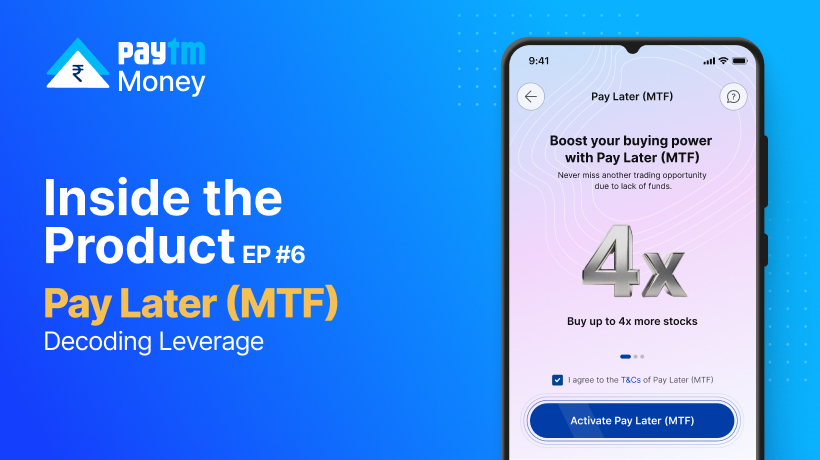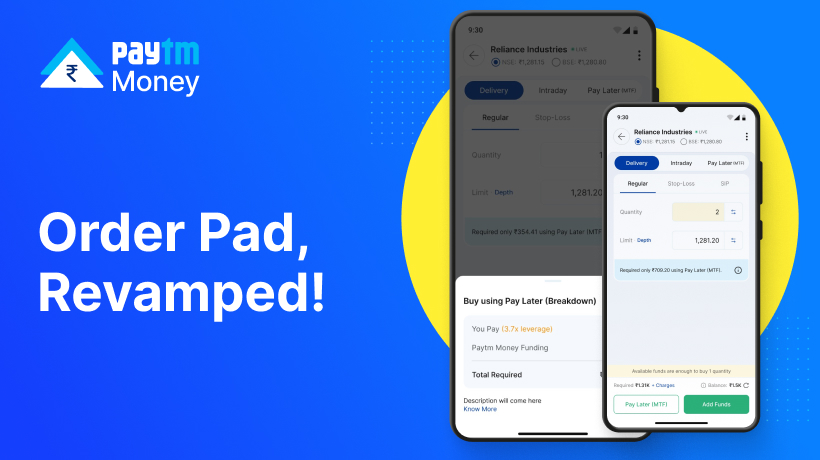Invest smarter with swift and secure payments – UPI-ify your investments3 min read
Why should you read this blog?
How UPI has evolved over the years and its benefits. Why SEBI is betting so much on digital payment solutions using UPI?
UPI & its History: Launched in 2016 as a P2P (Peer to Peer) digital funds transfer solution provider, today UPI transactions account for ~60% of P2M (Peer to Merchants) transactions as per the latest statistics of Aug 23 (as available on NPCI’s site).
Some of the statistics on UPI transactions are:
- UPI accounted for more than half of the digital payments share in India in FY 2023.
- UPI recorded 10.5 billion transactions worth 1.5 trillion INR in August 2023.
- Out of 10.5 billion, ~4.3 billion transactions were P2P and the remaining ~6.1 billion were P2M transactions.*
* NPCI – Unified Payments Interface (UPI) Ecosystem Statistics | NPCI
This data shows the tremendous growth and transformation of Investments through UPI.
The Major advantage of UPI is making the investments much safer for the end users. At the same time, SEBI is leveraging UPI’s success to meticulously safeguard retail investors by restricting unwarranted money coming into stock markets and ensuring that no one can use investor’s money except for their own investment purposes.
Here are some of the Key features of UPI, which helps in fostering a safe platform for retail investors:
One-time UPI Payment: This feature allows investors to make a single payment for multiple transactions, such as buying mutual funds, stocks, or bonds. This reduces the hassle of entering bank details or OTPs for each transaction and also saves transaction fees.
UPI Reverse Penny Drop for bank account validation: This feature allows the users to add their bank accounts with their respective trading accounts by the use of UPI, where the user has to validate a transaction of 1 Rupee. NPCI allows the user’s bank details to be passed in a safe way to the merchant, who can then do further checks at their end, as prescribed by SEBI before registering it to the investor’s trading account. This feature makes the document verification process more seamless and efficient.
UPI Autopay: This feature allows investors to set up recurring payments for their investments, such as SIPs, EMIs, or insurance premiums. This ensures timely and consistent payments and also helps investors plan their finances better.
UPI One-time mandate for IPO investments: This feature allows investors to apply for IPOs using UPI as a payment mode. Investors can create a one-time mandate with their UPI ID and the amount they wish to invest. The amount will be blocked in their account until the allotment is done. This eliminates the need for ASBA or cheque payments and also ensures faster refunds in case of non-allotment.
UPI Single Block, multiple debit feature for Stocks investments: This feature will allow investors to block a certain amount in their account for buying stocks and then use it for multiple debits as per their choice. This gives investors more flexibility and control over their stock purchases and also reduces the risk of misuse of their funds by brokers or any other systems.
UPI Single Block, multiple debit is a new feature which is yet to go live, and SEBI has proposed to make this live by the start of 2024 as an optional feature.
Conclusion: SEBI is closely working with the Finance Ministry, RBI (Reserve Bank of India) & NPCI, to ensure the safety of retail investor’s money by the use of digital payment options like UPI.
Disclaimer: Investments in the securities market are subject to market risks, read all the related documents carefully before investing. This content is purely for information purpose only and in no way to be considered as an advice or recommendation. Paytm Money Ltd SEBI Reg No. Broking – INZ000240532, Depository Participant – IN – DP – 416 – 2019, Depository Participant Number: CDSL – 12088800, NSE (90165), BSE (6707) Regd Office: 136, 1st Floor, Devika Tower, Nehru Place, Delhi – 110019. For complete Terms & Conditions and Disclaimers visit: https://www.paytmmoney.com/stocks/policies/terms
Written by: Alpesh Soni




